Throughout history, several nations have stood the test of time, tracing their roots back thousands of years. These countries have not only shaped their own destinies but also left a lasting impact on the world through their cultures, innovations, and legacies. From ancient empires to modern states, their histories tell stories of resilience, growth, and enduring traditions. Exploring these nations provides a glimpse into the foundations of human civilization and the rich histories that continue to influence our present. This list highlights some of the oldest countries, each with a unique and fascinating past.
Egypt

Egypt’s history dates back over 5,000 years, making it one of the oldest civilizations in the world. The early Pharaohs unified Upper and Lower Egypt, creating the first dynasties in around 3100 BCE. It became a cradle of culture, science, and architecture, most famously evidenced by the pyramids and the Sphinx. As one of the world’s earliest and most sophisticated civilizations, Egypt led the way in hieroglyphics, mathematics, and medicine. Its strategic location along the Nile River allowed it to flourish as a center of trade and wealth. Today, the country’s rich heritage is preserved in its monuments, despite the passing millennia.
China
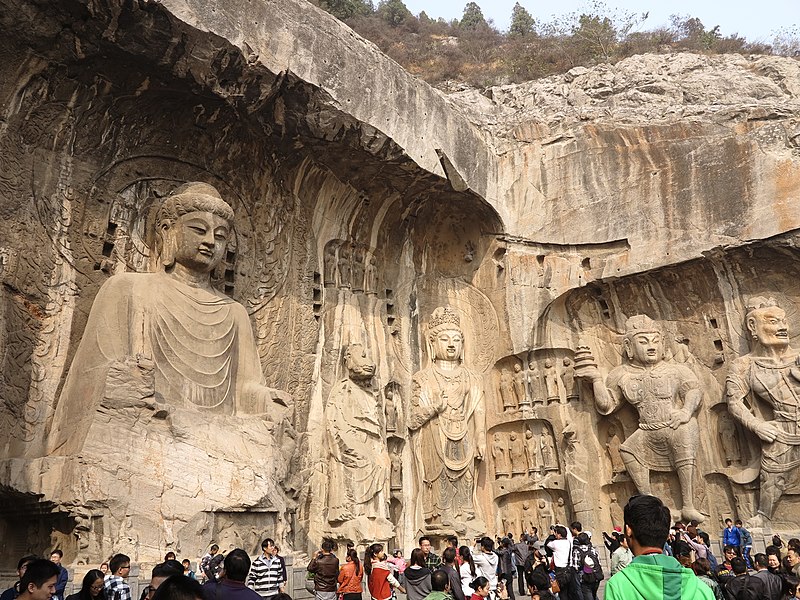
China’s roots stretch back to the Xia Dynasty, traditionally considered the first Chinese dynasty around 2070 BCE. Over thousands of years, it evolved through dynasties like the Shang, Zhou, and the Han, developing its unique culture and philosophy. The construction of the Great Wall began in the 7th century BCE to protect against nomadic invaders. China has been influential in global advancements, particularly in paper, gunpowder, and silk. The nation’s enduring history reflects its resilience, innovation, and influence on the wider world. Even today, China’s historical legacy continues to shape its position as a global power.
Iran
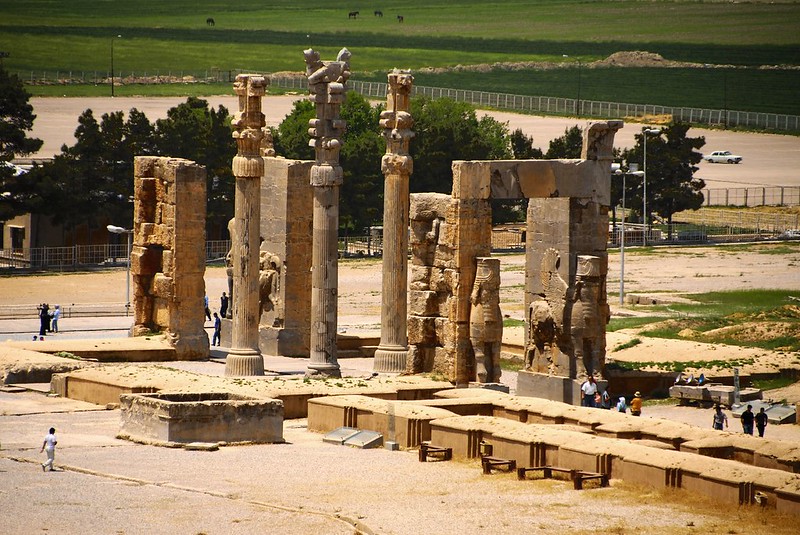
Formerly known as Persia, Iran’s history dates back to the ancient Elamite kingdoms of around 3000 BCE. The Persian Empire, particularly under leaders like Cyrus the Great and Darius I, became one of the largest empires of the ancient world. Persian innovations in governance, engineering, and architecture were world-renowned. The empire left behind a cultural legacy through art, literature, and philosophy, with Zoroastrianism as one of its significant religious contributions. Though conquered by Alexander the Great in 330 BCE, the Persian identity persisted through centuries of dynastic changes. Modern Iran continues to be shaped by this ancient legacy.
India
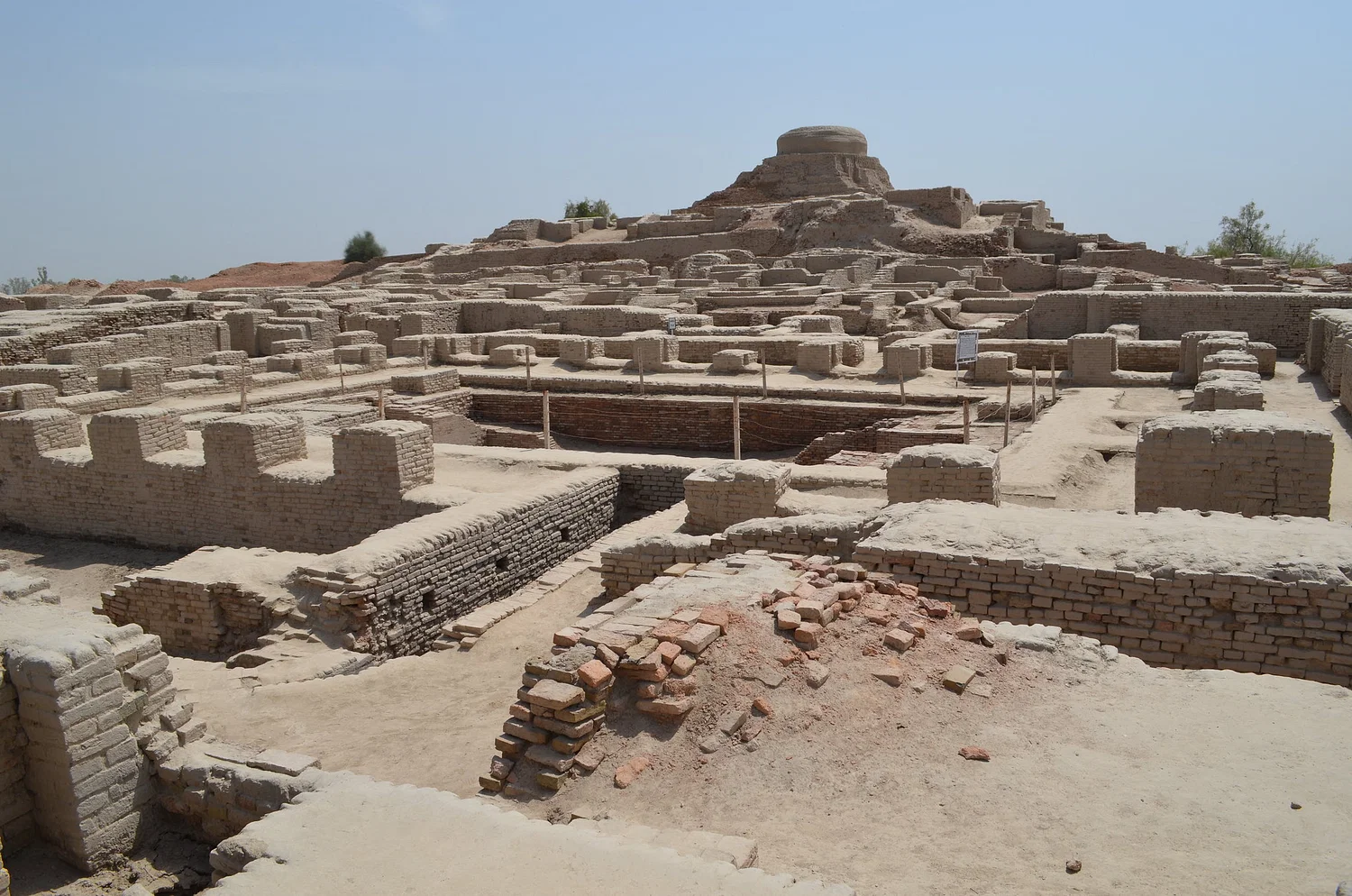
India is one of the oldest civilizations, with settlements appearing as early as 2500 BCE in the Indus Valley. The Vedic period, starting around 1500 BCE, saw the rise of Hinduism and significant cultural development. India has a diverse history, marked by a succession of empires, including the Maurya and Gupta, that influenced art, science, and religion. The spread of Buddhism, originating in India, had profound global impacts, especially in Asia. With such a complex and rich history, India’s identity is built on a fusion of ancient traditions and modern evolution. Its cultural influence continues to extend far beyond its borders.
Greece
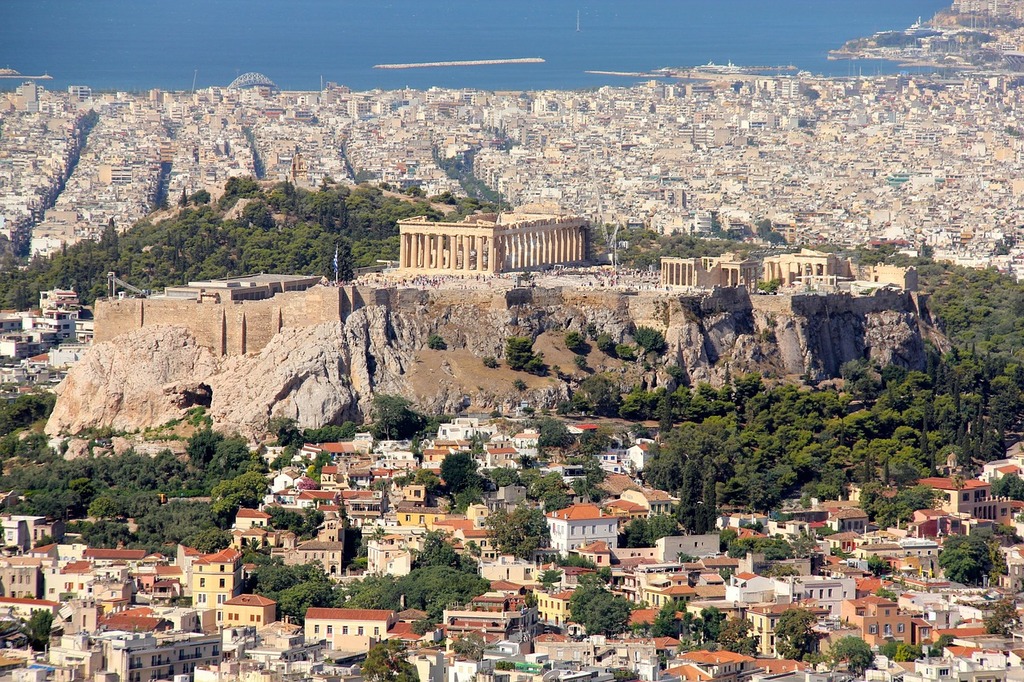
Greece’s recorded history dates back to the Minoan and Mycenaean civilizations around 2000 BCE. It is best known for giving birth to democracy, philosophy, and the Olympic Games. Ancient Greece was a collection of city-states, with Athens and Sparta being the most powerful and culturally significant. The classical period, especially the 5th century BCE, saw monumental achievements in art, science, and politics. Greece’s intellectual and cultural influence on the Western world remains unparalleled, particularly through the works of philosophers like Socrates, Plato, and Aristotle. Despite centuries of foreign rule, Greek identity has remained steadfast.
Ethiopia
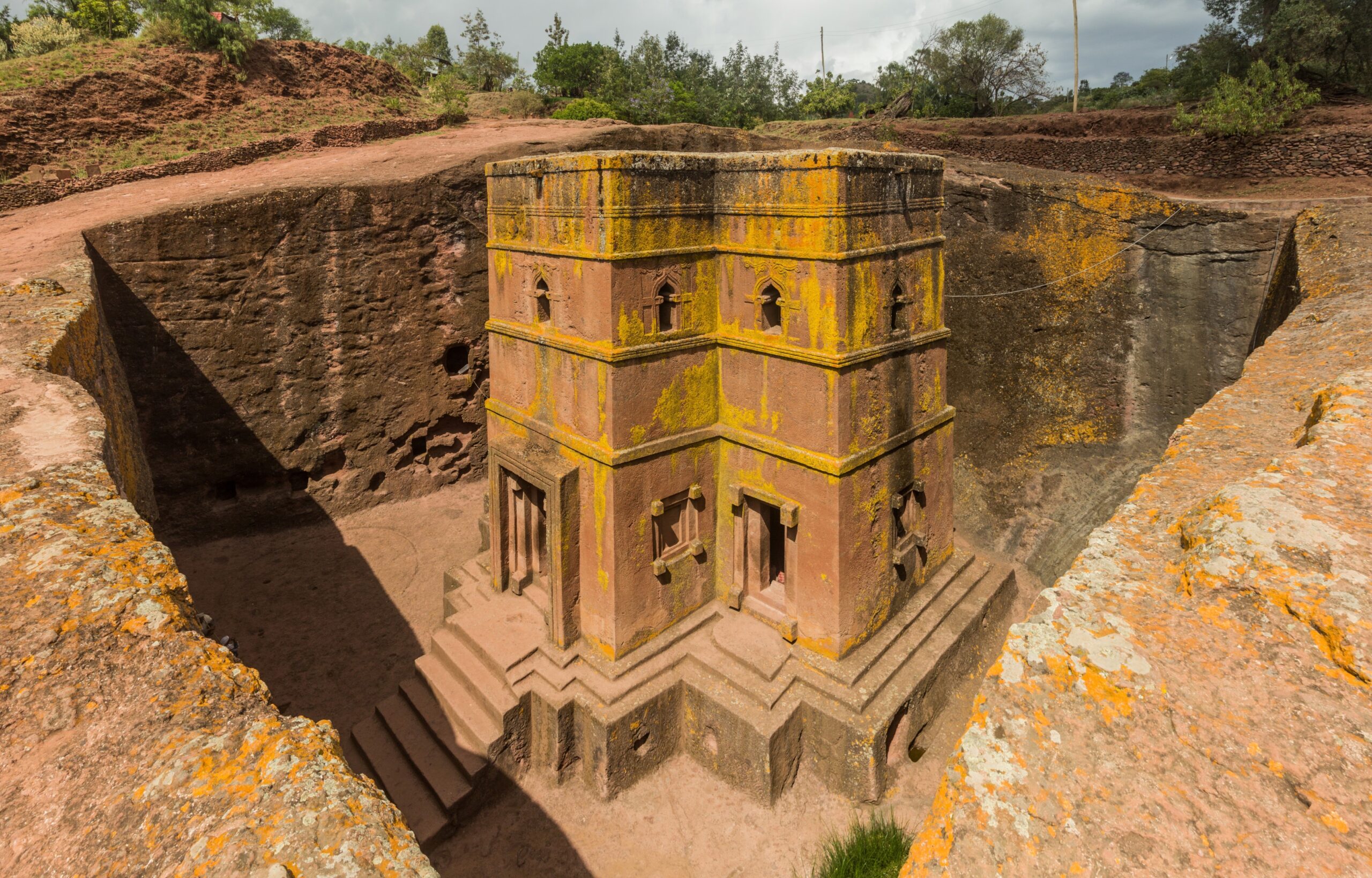
Ethiopia claims to be one of the oldest nations, with its history tracing back to the Kingdom of D’mt in the 10th century BCE. It is also the location of the Kingdom of Aksum, a significant trading empire from around 100 CE that was among the first to embrace Christianity. Unlike many other African nations, Ethiopia successfully resisted European colonization, maintaining its independence through most of its history. Its cultural and religious heritage is deeply tied to both Christianity and ancient traditions. Ethiopia’s rich past is preserved through landmarks like the rock-hewn churches of Lalibela. Its continuous history and sovereignty set it apart in African history.
Armenia
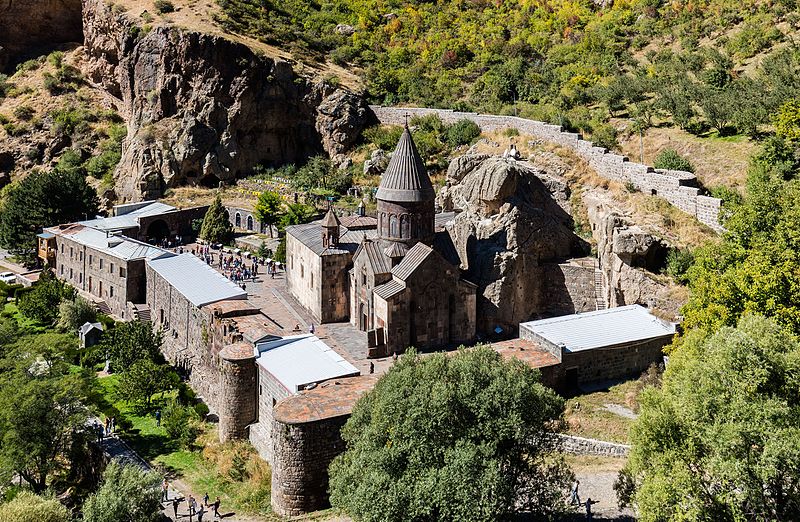
Armenia is one of the world’s oldest countries, with its foundations laid in 860 BCE during the Urartu Kingdom. It became the first nation to adopt Christianity as a state religion in 301 CE, a decision that significantly shaped its cultural and political future. Throughout its history, Armenia has been caught between powerful empires such as the Romans, Persians, and Ottomans. Despite invasions and occupations, the Armenian people have retained a distinct cultural and religious identity. The country’s rugged landscapes are dotted with ancient monasteries and churches that reflect its long spiritual heritage. Today, Armenia preserves its heritage with pride, maintaining links to its ancient past.
Japan
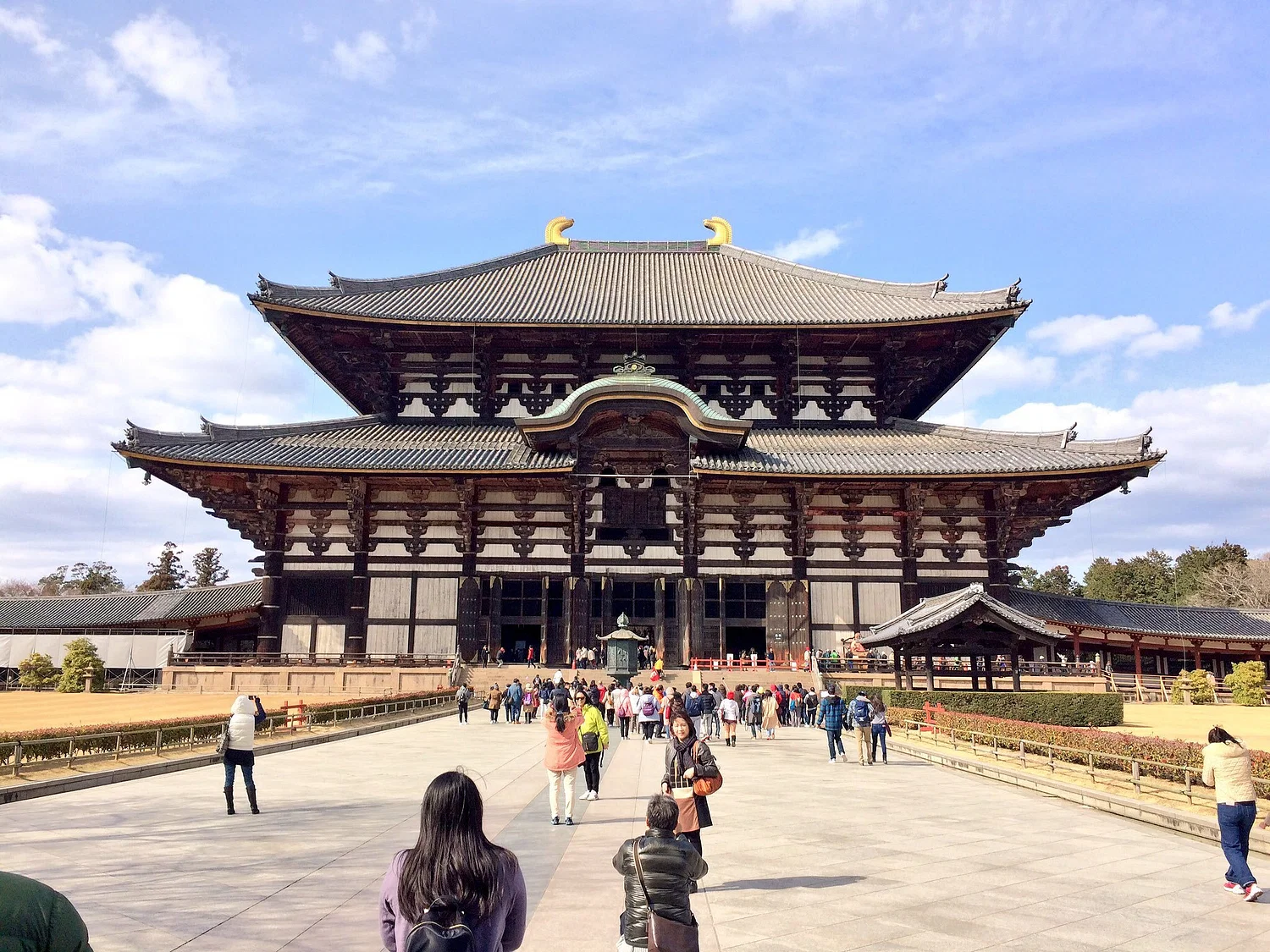
Japan’s origins are traced back to the Jomon period, dating as far back as 14,000 BCE, with the earliest forms of civilization taking shape. By 660 BCE, according to tradition, Emperor Jimmu, Japan’s legendary first emperor, established the Yamato dynasty, which continues today, making Japan’s monarchy the oldest hereditary monarchy. Japan has been shaped by its isolation, which allowed it to develop unique cultural traditions in arts, language, and religion, particularly Shintoism and Buddhism. Over the centuries, the samurai class and feudal system dominated the nation’s political and social structure. Though modern Japan has undergone significant changes, its historical roots remain influential in its society.
San Marino
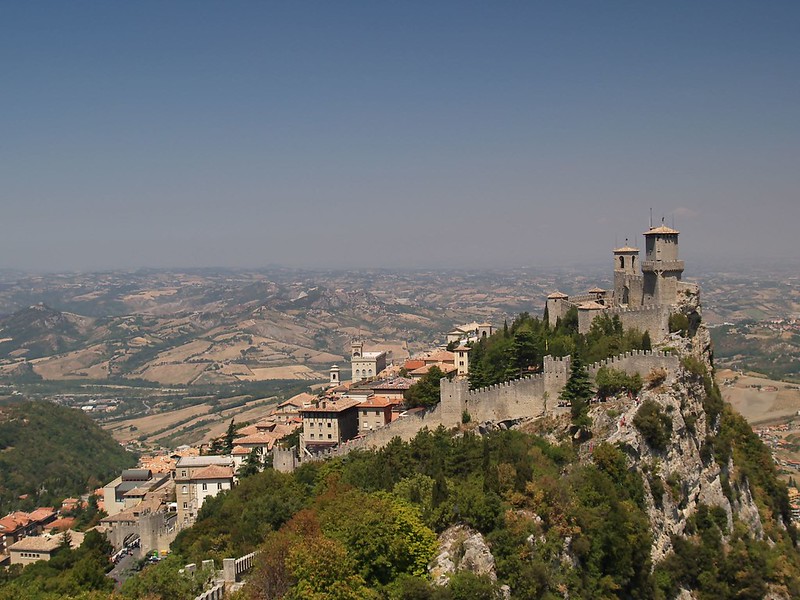
San Marino is considered one of the world’s oldest republics, with its foundation dating back to 301 CE. According to legend, it was founded by Saint Marinus, a Christian stonemason who fled Roman persecution. Nestled within the Apennine Mountains, this small country has maintained its independence for over 1,700 years. Its political stability is largely due to its diplomatic neutrality and strategic location. San Marino’s medieval architecture, including its iconic towers, reflects its long history. Despite its small size, San Marino holds a proud place in the history of European republics.
Israel

The history of Israel dates back to the ancient Hebrews, with a continuous presence in the region for over 3,000 years. The Kingdom of Israel was established around 1020 BCE under Saul, followed by the rule of King David and King Solomon. Over the centuries, Israel has been a focal point of religious, political, and cultural developments, especially as the birthplace of Judaism, Christianity, and later influencing Islam. The region has seen numerous conquests and exiles, with its people often dispersed but maintaining a deep connection to the land. In 1948, the modern state of Israel was established, reviving its ancient identity. The country’s historical and religious significance continues to resonate globally.
Portugal
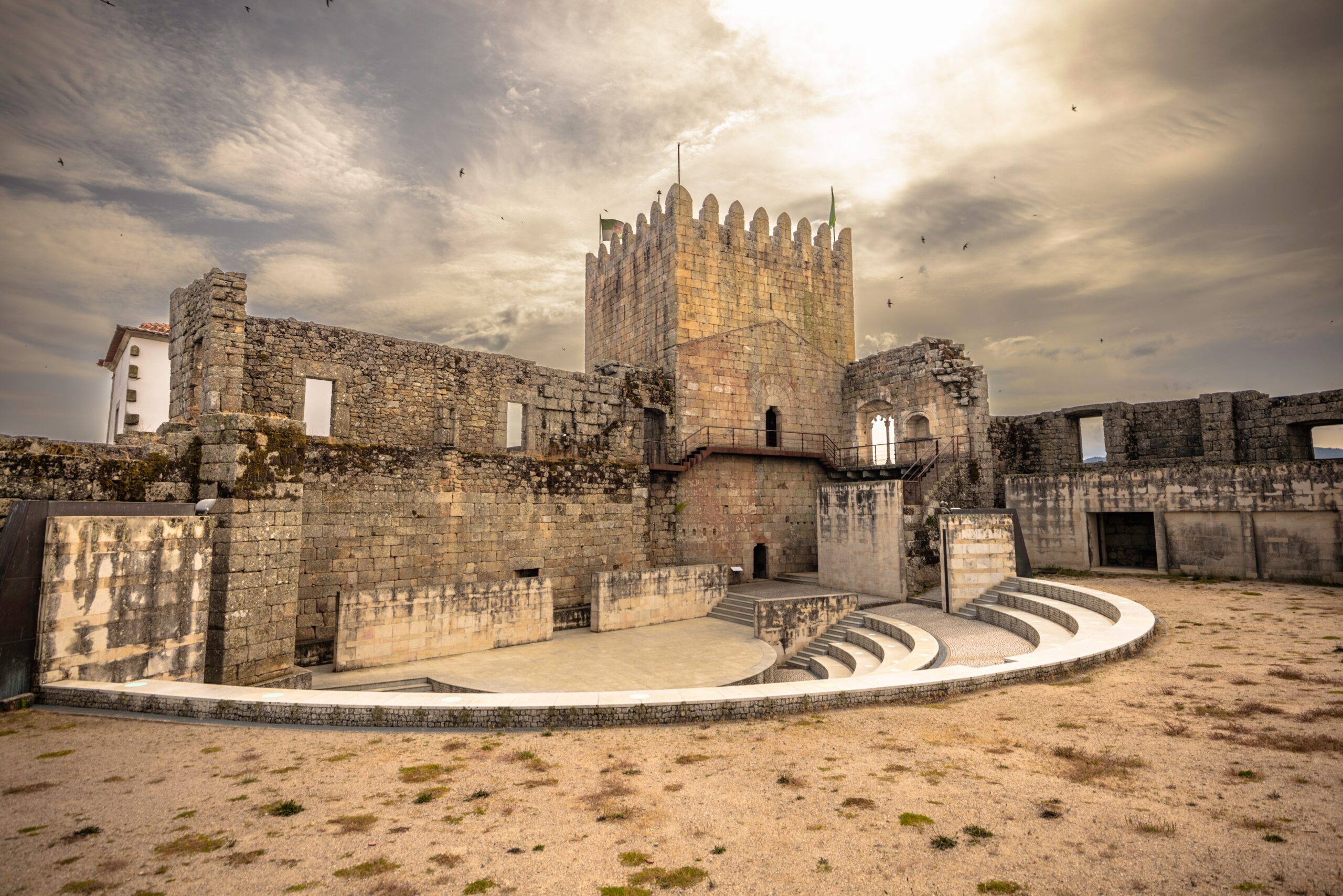
Portugal’s history as a nation can be traced back to the Kingdom of Portugal, established in 1139 after the Reconquista. However, its roots stretch further into the Roman and Visigothic periods, followed by Moorish rule in the Iberian Peninsula. It became a global maritime power during the Age of Exploration, with explorers like Vasco da Gama leading the way in discovering sea routes to India and beyond. Portuguese culture has been shaped by its colonial empire, with influences seen in art, music, and language. Despite losing its empire in the 20th century, Portugal’s rich history is still visible in its architecture and traditions. The country remains a significant cultural hub in Europe.
Vietnam
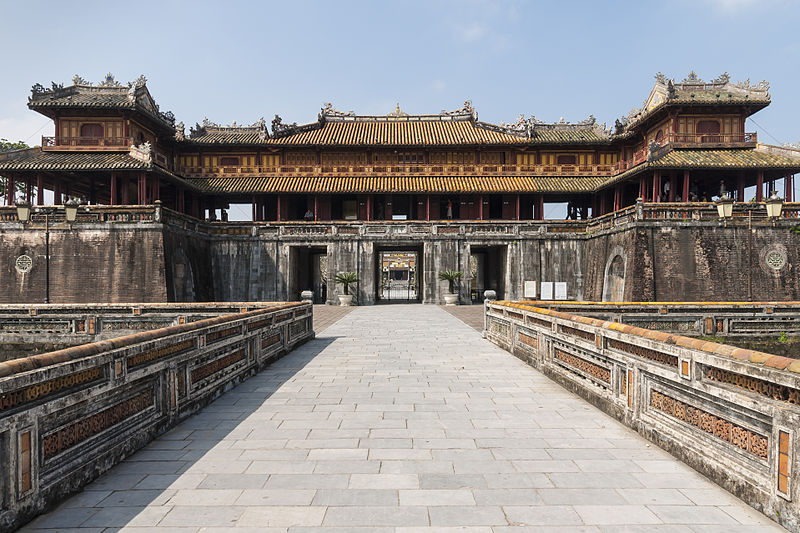
Vietnam’s history dates back to the Dong Son culture around 2000 BCE, with the establishment of the first known state, Van Lang, around 2879 BCE. It has a long tradition of resisting foreign domination, particularly against Chinese, French, and American forces. The Vietnamese dynasties that followed helped shape its identity, including the Nguyen Dynasty, which unified the country in 1802. Vietnam’s history is one of resilience, shaped by war, colonization, and liberation. The country’s culture is deeply influenced by Confucianism, Buddhism, and a blend of traditional values. Today, Vietnam stands as a proud, independent nation with a complex and storied past.
Mexico
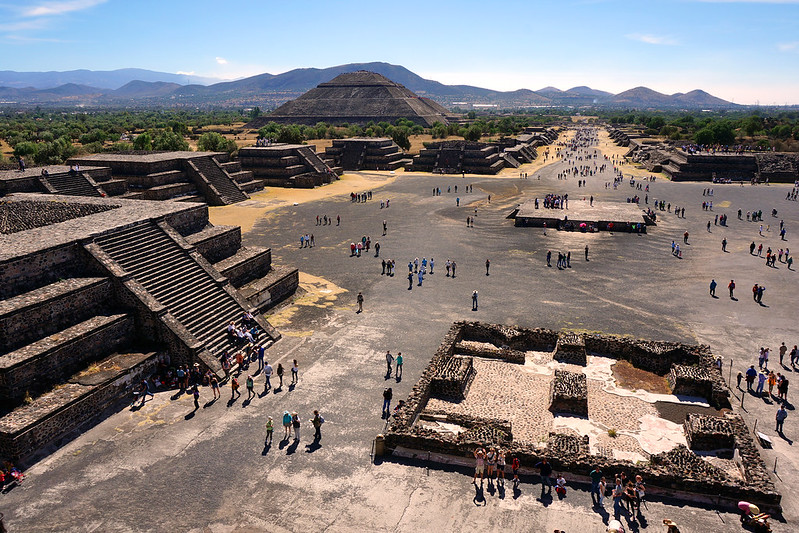
Mexico’s history goes back to the ancient civilizations of Mesoamerica, including the Olmecs, Maya, and Aztecs, with the latter dominating much of central Mexico by the time of Spanish conquest in the early 16th century. In 1519, Hernán Cortés led the Spanish invasion, marking the beginning of centuries of colonial rule. Mexico gained independence from Spain in 1821, after a lengthy and violent struggle. Its rich history includes revolutions, political upheavals, and cultural renaissance, especially in the arts and literature. Modern Mexico’s identity is a unique blend of indigenous and Spanish heritage. Its ancient ruins, like those at Teotihuacan and Chichen Itza, stand as reminders of its deep past.
Georgia
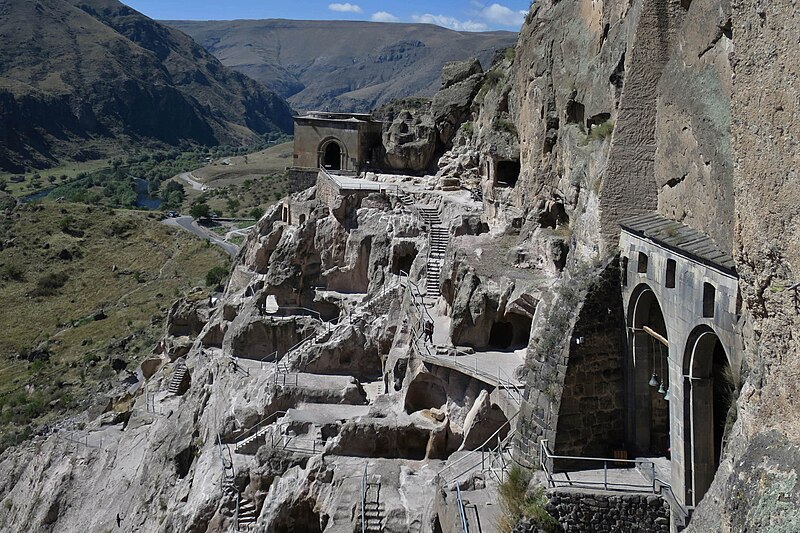
Georgia’s ancient history can be traced to the Kingdom of Colchis, dating back to 1000 BCE, known in Greek mythology as the land where Jason sought the Golden Fleece. Its Christianization in the 4th century helped shape the country’s religious and cultural identity. Georgia has been the battleground for empires due to its strategic location at the crossroads of Europe and Asia. It experienced its golden age during the reign of King David IV and Queen Tamar in the 12th and 13th centuries. Throughout invasions and occupations, Georgia has retained its unique language, culture, and national identity. Today, it remains proud of its ancient roots.
France

France’s origins go back to the Gauls, a Celtic people who inhabited the region as early as the 5th century BCE. After Julius Caesar’s conquest of Gaul, it became part of the Roman Empire until the rise of the Frankish Kingdom under Clovis I in 481 CE. France has played a pivotal role in European history, especially during the Middle Ages, the Renaissance, and the Enlightenment. The French Revolution of 1789 profoundly influenced modern democratic thought and governance. France’s rich cultural heritage spans architecture, art, philosophy, and cuisine. Today, its historical legacy remains a cornerstone of its national identity.
Turkey
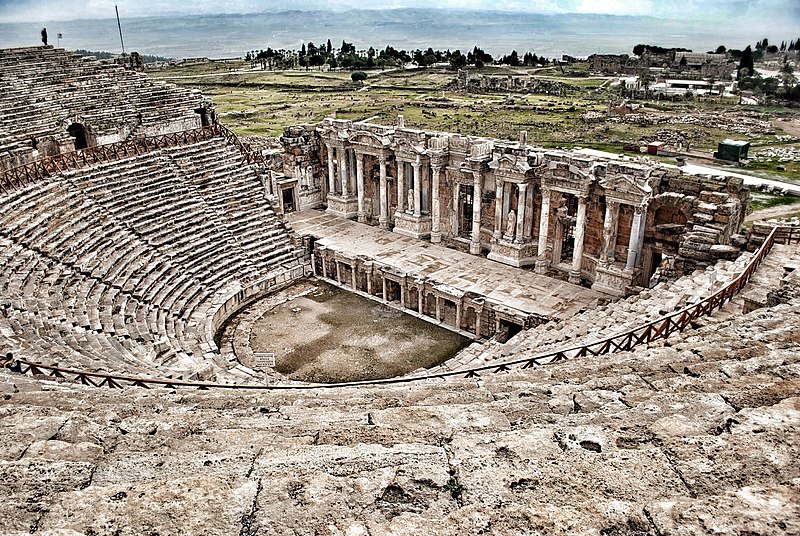
Turkey’s history is deeply connected to the ancient civilizations of Anatolia, such as the Hittites, dating back to 2000 BCE. It was later part of the Persian Empire and then became central to the Roman and Byzantine Empires, with Constantinople as the capital. In 1453, the city fell to the Ottoman Empire, which became a major political and cultural power for centuries. The modern Republic of Turkey was founded in 1923, following the dissolution of the Ottoman Empire after World War I. Turkey’s strategic location bridging Europe and Asia has made it a crossroads of cultures throughout history. Its long and complex past is still evident in its architecture and customs.
Korea
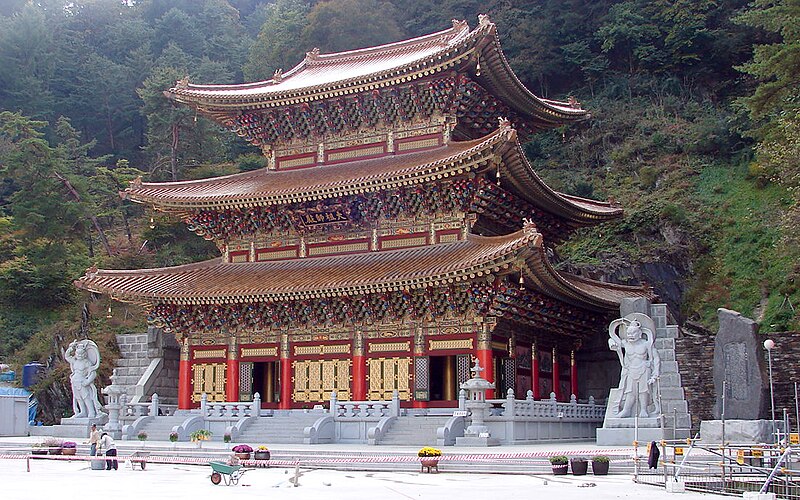
The history of Korea dates back to the founding of Gojoseon in 2333 BCE, making it one of the oldest states in East Asia. Over the centuries, the Korean peninsula saw the rise of several dynasties, most notably the Joseon Dynasty, which lasted over 500 years. Korean culture has been heavily influenced by Confucianism, which shaped its political and social systems. Korea has endured invasions from its powerful neighbors, including China and Japan, but has retained a strong sense of national identity. The division of Korea in the 20th century into North and South marked a significant chapter in its modern history. Despite this, both Koreas draw on a shared heritage dating back thousands of years.
Cambodia
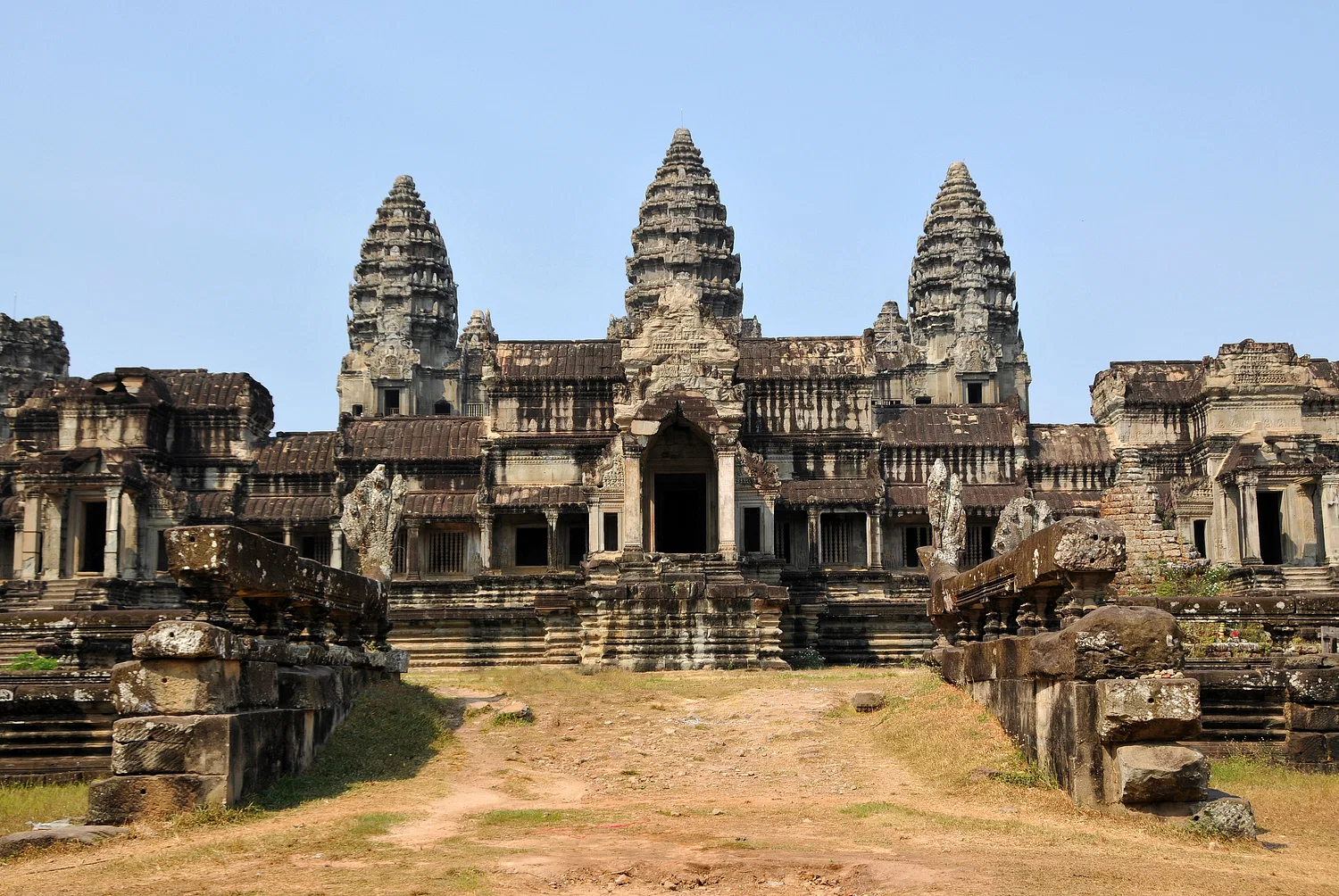
Cambodia’s history is intertwined with the Khmer Empire, one of Southeast Asia’s most powerful states from the 9th to 15th centuries. The empire’s crowning achievement is Angkor Wat, the largest religious monument in the world. Before the rise of the Khmer, early states in Cambodia can be traced back to the Funan Kingdom, which flourished in the 1st century CE. Cambodia has experienced periods of glory and tragedy, including the dark era of the Khmer Rouge in the 20th century. However, its rich cultural history, especially in dance, sculpture, and architecture, continues to thrive. Today, Cambodia remains proud of its heritage while recovering from its tumultuous past.
Italy
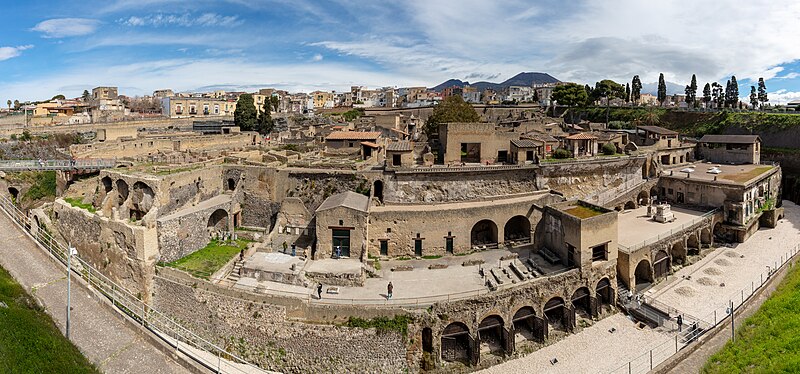
Italy’s ancient roots stretch back to the Roman Kingdom, which was founded in 753 BCE, followed by the establishment of the Roman Republic in 509 BCE. The Roman Empire, centered in Italy, became one of the most influential civilizations in history, contributing significantly to law, government, architecture, and language. Following the fall of Rome, Italy fragmented into various city-states and kingdoms until its unification in the 19th century. The Renaissance, which began in Italy in the 14th century, revolutionized art, science, and thought across Europe. Modern Italy is steeped in this ancient legacy, with its cities like Rome, Florence, and Venice serving as living museums. The country continues to be a global cultural leader.
Lebanon
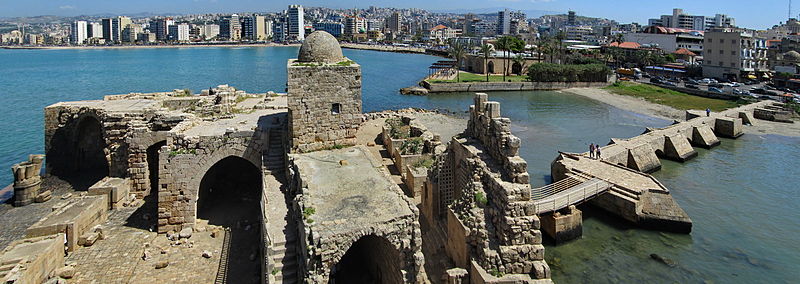
Lebanon’s history dates back to ancient Phoenicia, a maritime civilization that thrived around 2500 BCE. The Phoenicians were skilled sailors and traders, establishing colonies across the Mediterranean. Lebanon’s coastal cities, such as Byblos, Sidon, and Tyre, became important cultural and economic centers in the ancient world. Throughout its history, Lebanon has been influenced by numerous empires, including the Egyptians, Assyrians, and Romans. Its complex religious and cultural landscape reflects its long history as a crossroads of civilizations. Today, Lebanon’s ancient roots are evident in its archaeological sites and vibrant cultural traditions.
This article originally appeared on Rarest.org.
More From Rarest.Org
10 Oldest Wooden Rollercoasters In The World
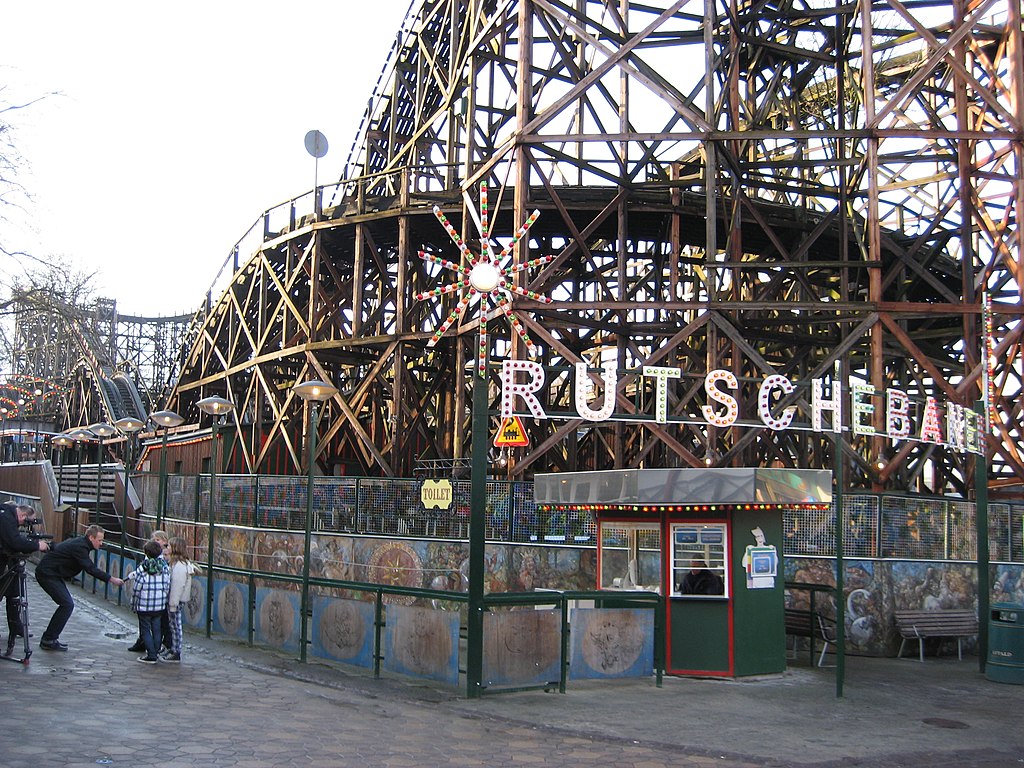
Wooden roller coasters have been thrilling riders for over a century, with some of the oldest still in operation today. These coasters, built long before the modern steel giants, hold a special place in amusement park history. Read more.
10 Historic Landmarks That Were Demolished but Should Have Been Preserved

Throughout history, countless architectural landmarks around the world have been lost to demolition, whether due to modernization, war, or neglect. Many of these structures held significant cultural, historical, or architectural value, making their destruction all the more tragic. Read more.
12 Iconic Guitars Owned by Legendary Musicians That Command High Prices
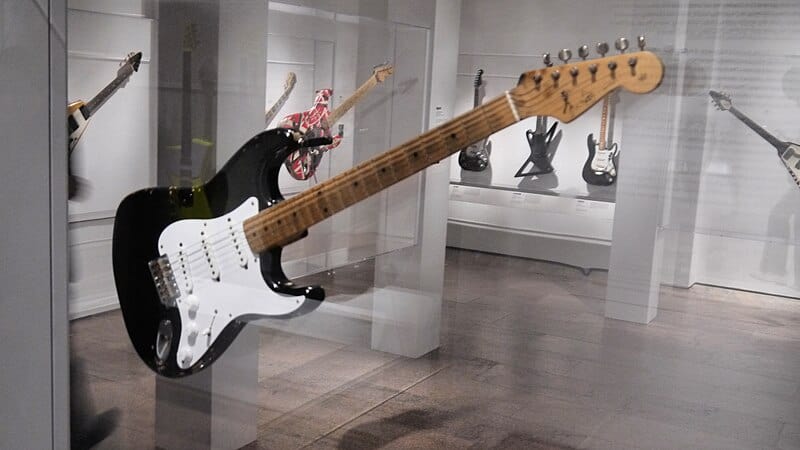
Iconic guitars have played a major role in shaping music history, often becoming as legendary as the musicians who wielded them. From blues to rock, these instruments were key to the creation of timeless songs and unforgettable performances. Read more.
